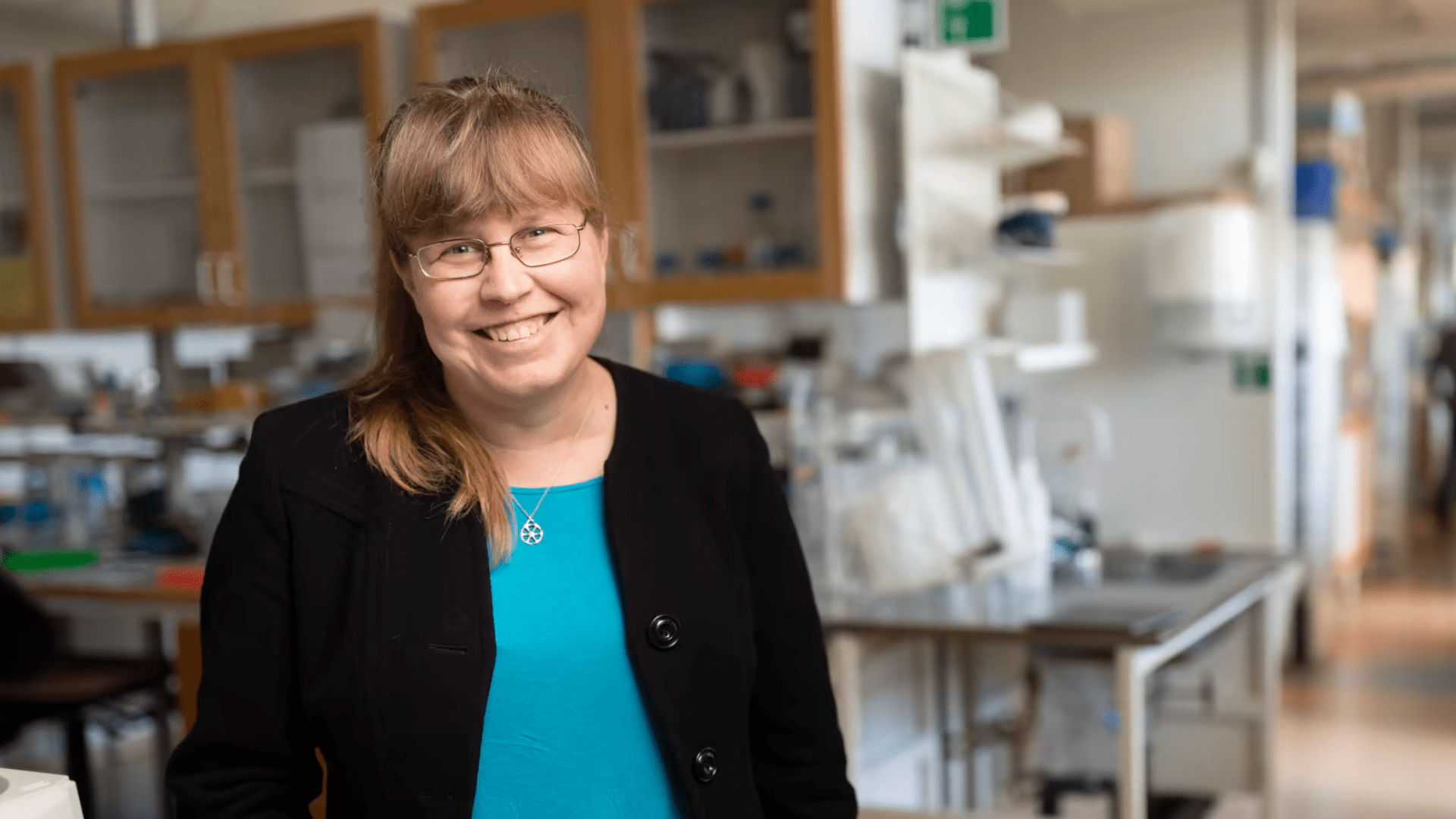SciLifeLab researchers and infrastructure in major international research project, resulting in 11 Science articles
A major international research project, led by Uppsala University and the Broad Institute in collaboration with SciLifeLab, has analyzed the genomes of 240 different mammals, revealing insights into evolution, species characteristics, and diseases. The study identified millions of crucial regulatory elements in the human genome, with at least 10% being functional. Researchers found regions in mammal genomes responsible for specific characteristics, such as an exceptional sense of smell or hibernation.
The findings also shed light on the origins of diseases, with many mutations linked to gene regulation. The research can contribute to understanding disease development and pave the way for new diagnostics and therapies, including for medulloblastoma, the most common malignant brain tumor in children.
“We have generated a large dataset and ensured it has been analyzed for as many research questions as possible. In total, we have had about 150 people working together. It’s also great that Science has become interested in the answers to so many research questions”, says Kerstin Lindblad-Toh, SciLifeLab researcher and Professor of Comparative Genomics at Uppsala University.
Kerstin emphasizes the importance of presenting the findings collectively in order to maximize their impact on the scientific community. “We believe that the articles will receive the most attention if presented together, and evidently, Science thought so, too, as they have synchronized the publication process”.
By consolidating the research results, the team hopes to create a comprehensive understanding of the mammalian genome and its implications for both evolutionary studies and medical research. This collaborative effort sets a new standard for large-scale research projects and showcases the power of interdisciplinary cooperation in advancing scientific knowledge.
“Half of the sequencing took place at the SciLifeLab unit National Genomics Infrastructure (NGI) in Uppsala (the rest at the Broad Institute). We have used UPPMAX for data storage and analysis, and my research group including Jennifer Meadows, Matthew Christmas, and Michael Dong at SciLifeLab/Uppsala University has done a large part of the analysis”, Lindblad-Toh explains.
The researchers also studied the cancer medulloblastoma, the most common type of malignant brain tumor in children. Although modern treatments have improved the prognosis, not all children can be cured. Moreover, those that survive often experience lifelong side effects from the aggressive treatment.
“In patients with medulloblastoma, we found many new mutations in evolutionarily conserved positions. We hope that analysis of these mutations will lay the ground for new diagnostics and therapies,” says Karin Forsberg-Nilsson, SciLifeLab researcher and Professor of Stem Cell Research at Uppsala University, who led the cancer part of the study.
All Zoonomia articles in Science, https://www.science.org/journal/science
DOI: 10.1126/science.adi1599
Uppsala University press release





